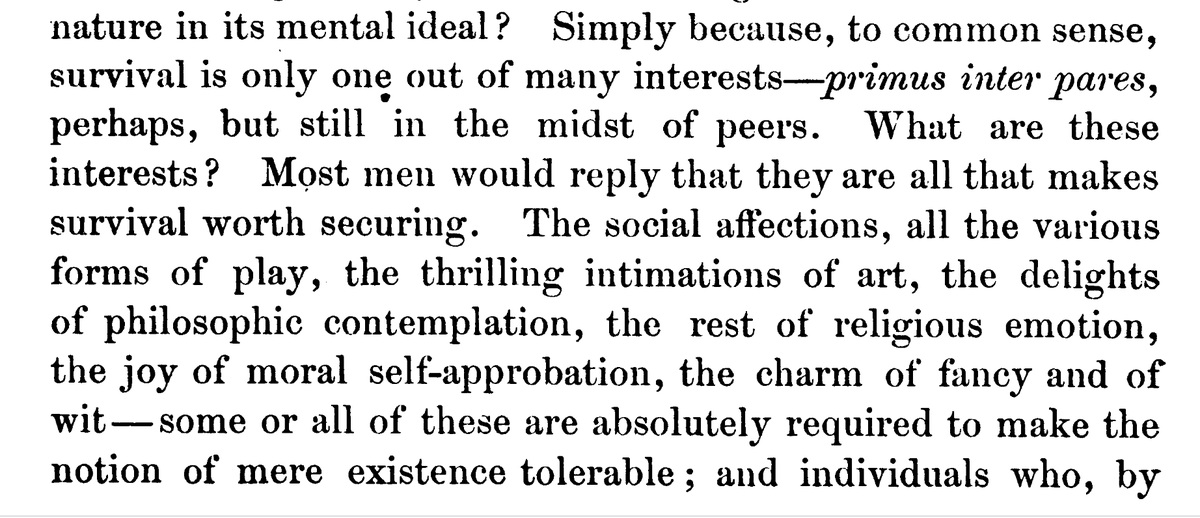
Been thinking again of the no-deal threat about Brexit. One problem is lack of democratic oversight--something already hinted at by Rousseau. Rousseau thought representative democracy is a layer too many, and favored direct democracy 1/
Now I know many people have been drawing the opposite conclusion re Brexit, namely: referendums don't work, people don't know what they vote for etc. But I'm not sure that's right. Maybe direct democracy does work provided people get input all the way, whereas now ... 2/
You basically had one vote in June 2016, then elected representatives clearly failed to do their work. Then people, frustrated, voted again in 2017 and then again in 2019, but in none of those votes could they directly influence the Brexit process 3/
So, you might say, well look people could vote again and again. But crucially, none of those votes really gave them opportunity to influence the process. There's an interesting disconnect between Johnson's victory and increasing levels of bregret 4/ whatukthinks.org/eu/questions/i…
So I *think* there is a real sense voters were still trying to influence the Brexit process. This explains the hung parliament in 2017 (discontent w May) and the victory of Johnson (let's just get it over with). Problem is: parliamentary democracy is too blunt an instrument 5/
I think the governing factor is that people just want to get on with their lives. Note, I'm not denying there's a lot of euroscepticism among British voters. Clearly there is.
But few people would willingly step into a no-deal drama esp now w Covid 6/
But few people would willingly step into a no-deal drama esp now w Covid 6/
• • •
Missing some Tweet in this thread? You can try to
force a refresh



